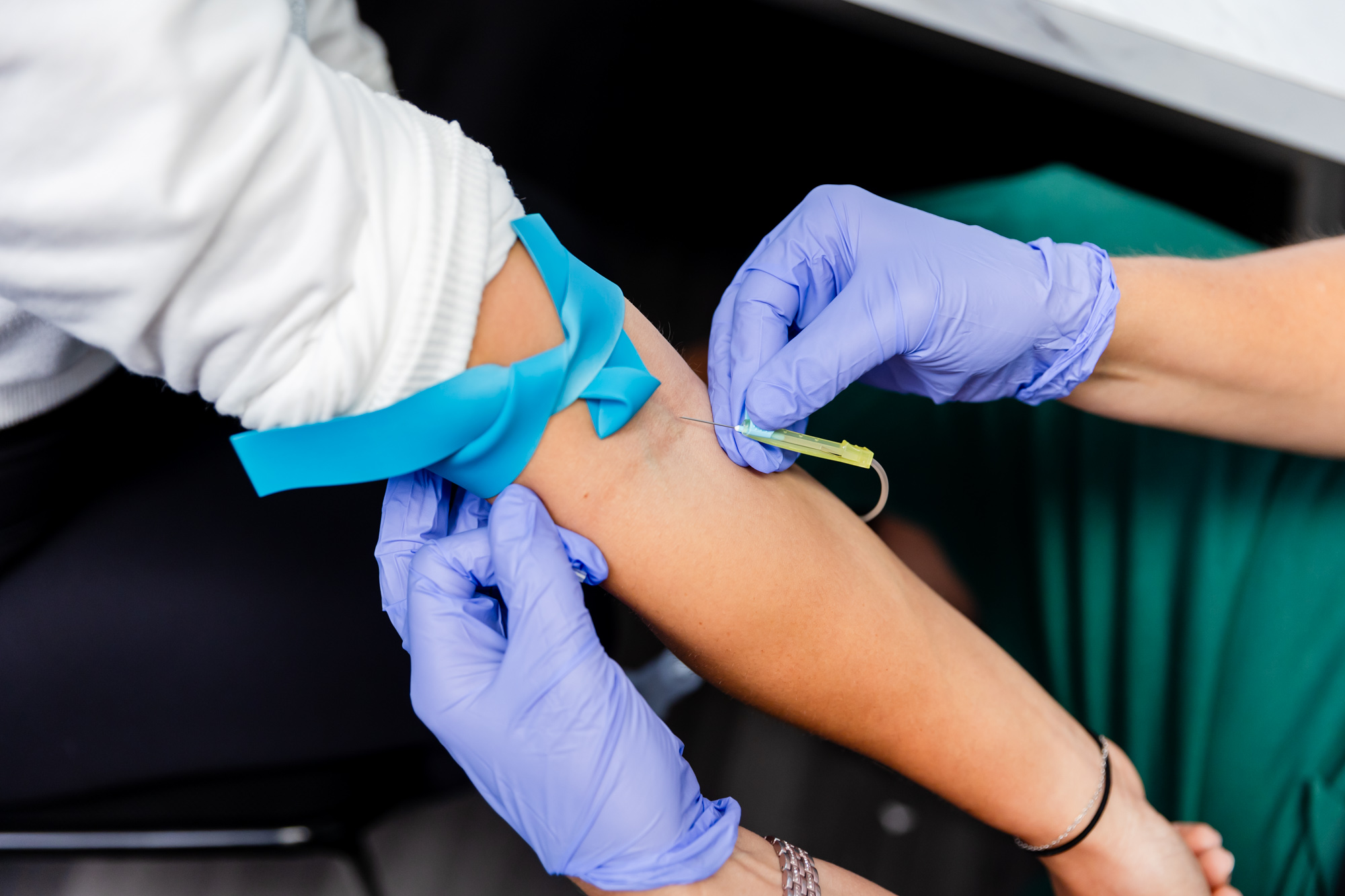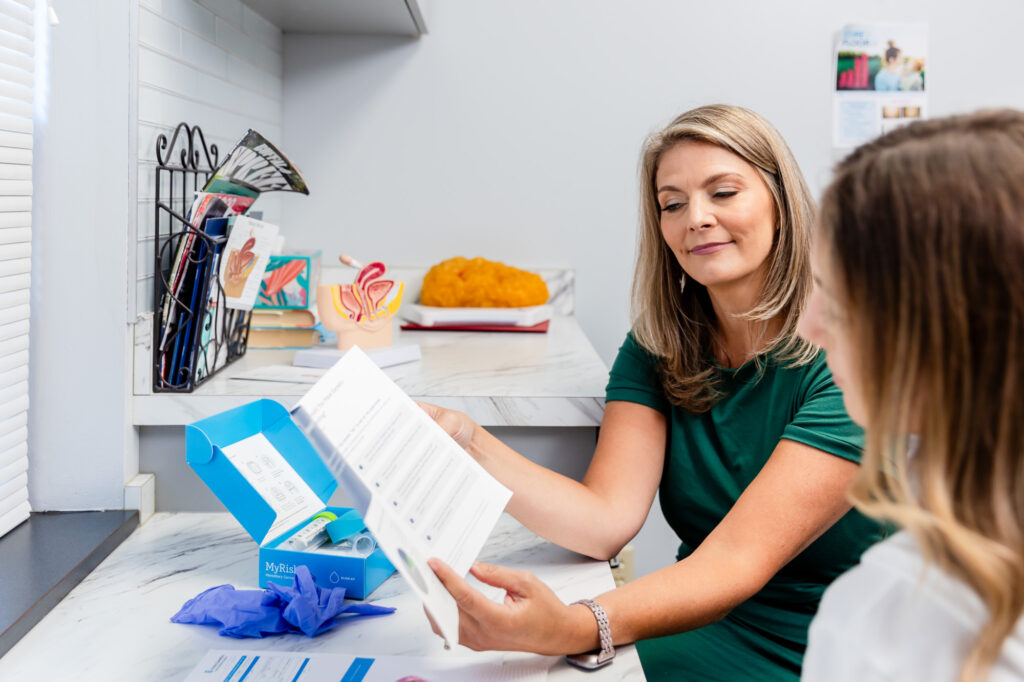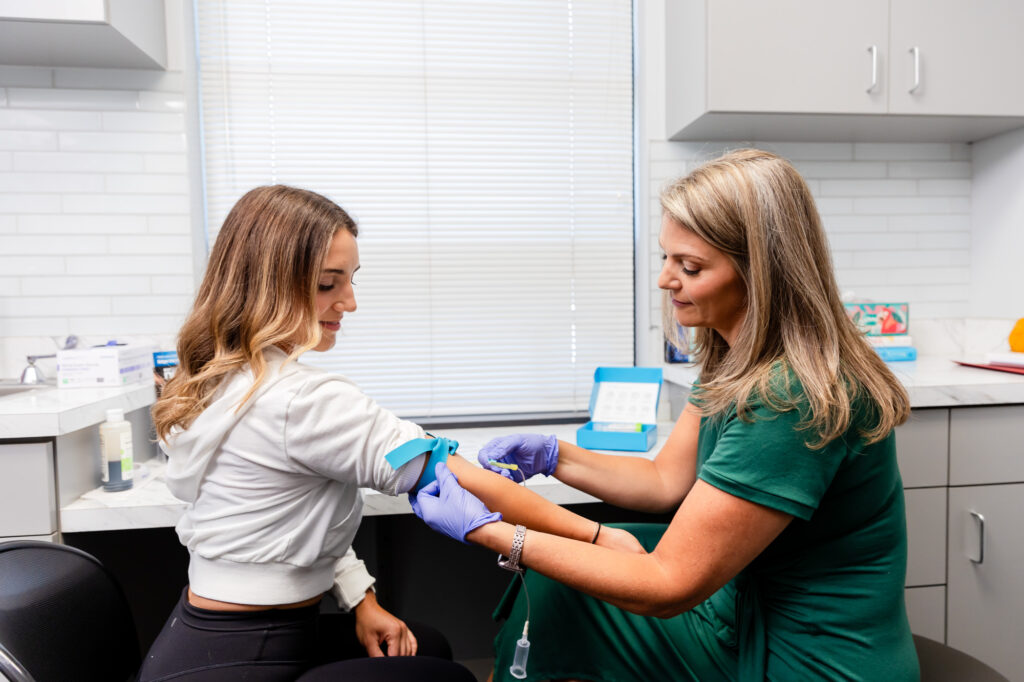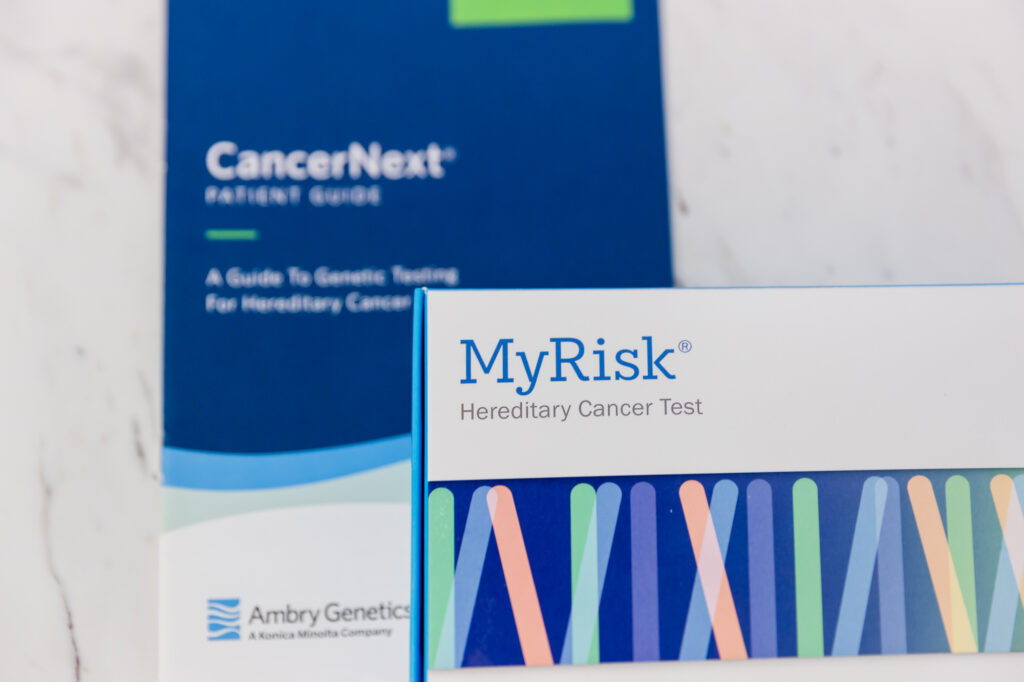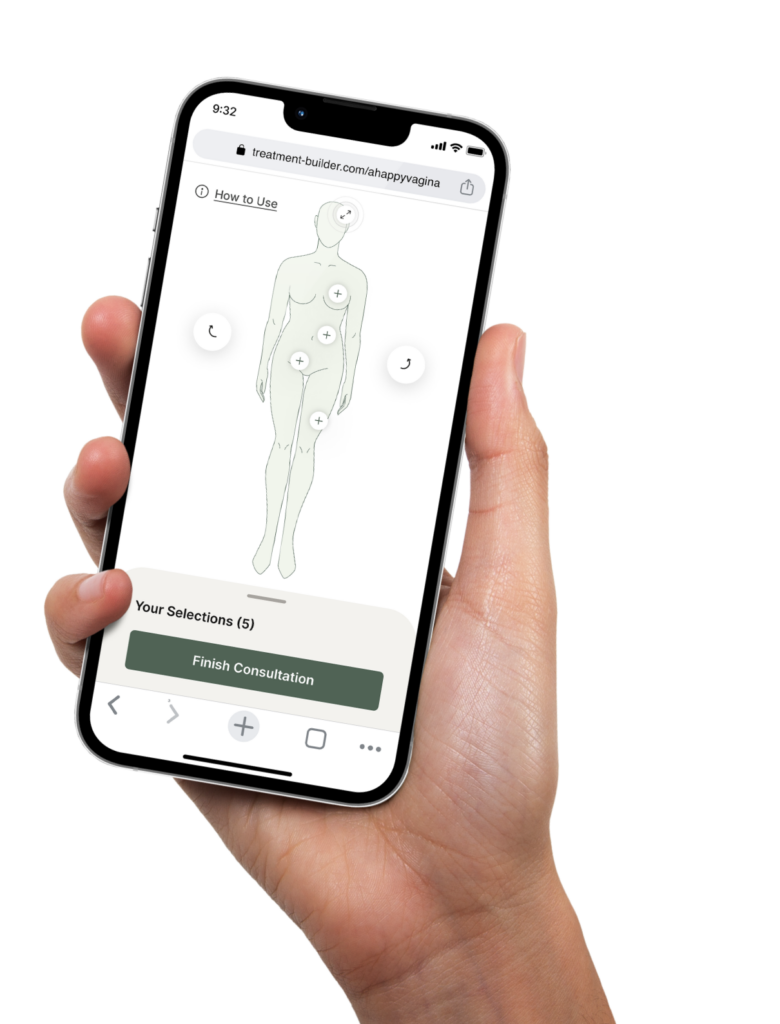What does BRCA gene testing look for?
BRCA gene testing looks for mutations in the BRCA1 and BRCA2 genes. Everybody has these genes, but certain people have mutations that increase their risk for developing breast or ovarian cancer.
Often, these mutations are inherited. So those with a family history of breast cancer are potentially more at risk for developing the disease. The lifetime risk of developing breast cancer is 60% for women with the BRCA1/2 gene mutations, compared to 13% for those that don’t.
How do I know if I need BRCA gene testing?
I typically recommend BRCA genetic testing for those with a history of breast or ovarian cancers. It’s not recommended for everyone. Talking with your doctor is your first stop if you’re interested in getting BRCA gene testing in Kenmore. I can help you determine if you need testing and help you interpret the results, too.
Can the BRCA test tell me if I’m going to get cancer?
Unfortunately, no. The only thing the test does is confirm whether or not you have the specific mutation of the gene that increases your risk of cancer. Some people with the mutation won’t get cancer. Knowledge is power, however. So if we discover you do have the mutation, we can discuss more rigorous preventative measures such as more frequent mammograms and screenings.
If you have a family history of breast cancer, or even if you don’t, we can talk about getting you scheduled at my practice where I offer BRCA gene testing in Kenmore.
What happens if I test positive for BRCA mutations?
If you receive a positive result after BRCA gene testing in Kenmore, my practice offers genetic counseling to help you stay informed about your options.
It’s important to remember that a positive BRCA result does not mean you are going to get cancer. It means you have an increased risk, which means we’ll pursue more rigorous and regular screening for breast and ovarian cancers during your annual well-woman exams. We might even check more frequently, depending on your family and medical history.
Some patients opt to get preventative surgeries, like mastectomies, to remove their breasts and reduce their risk. However, this is a personal choice and isn’t necessary.
Is BRCA testing covered by insurance?
Coverage depends on your specific insurance provider. For individuals who meet the criteria for BRCA testing, it can often be covered by insurance. That being said, it’s always important to check with your specific provider.
